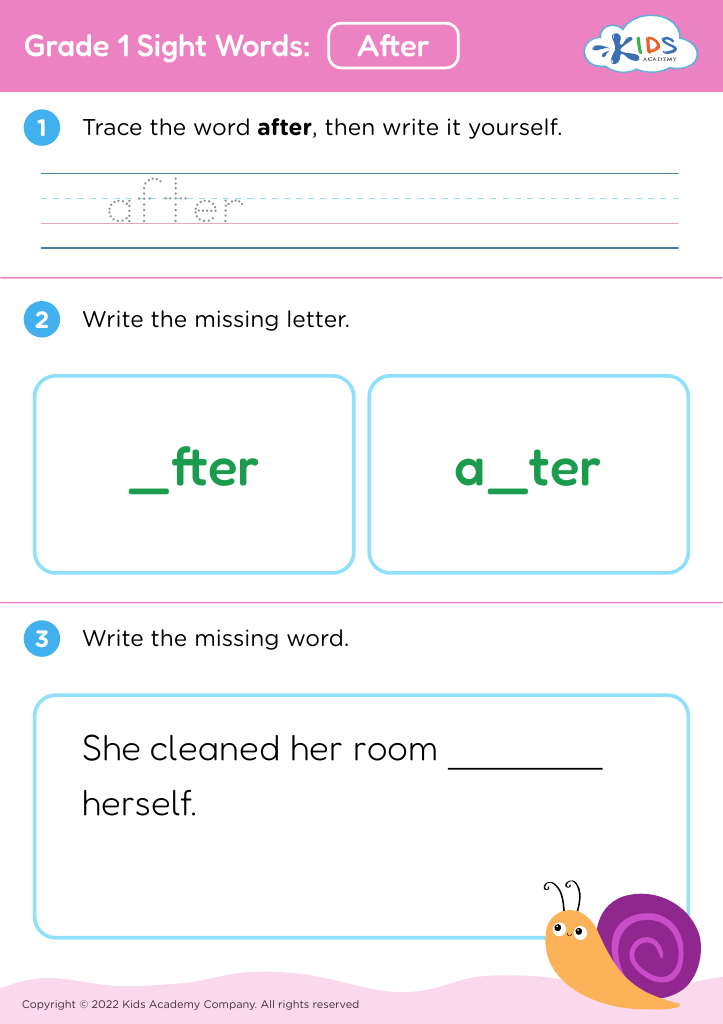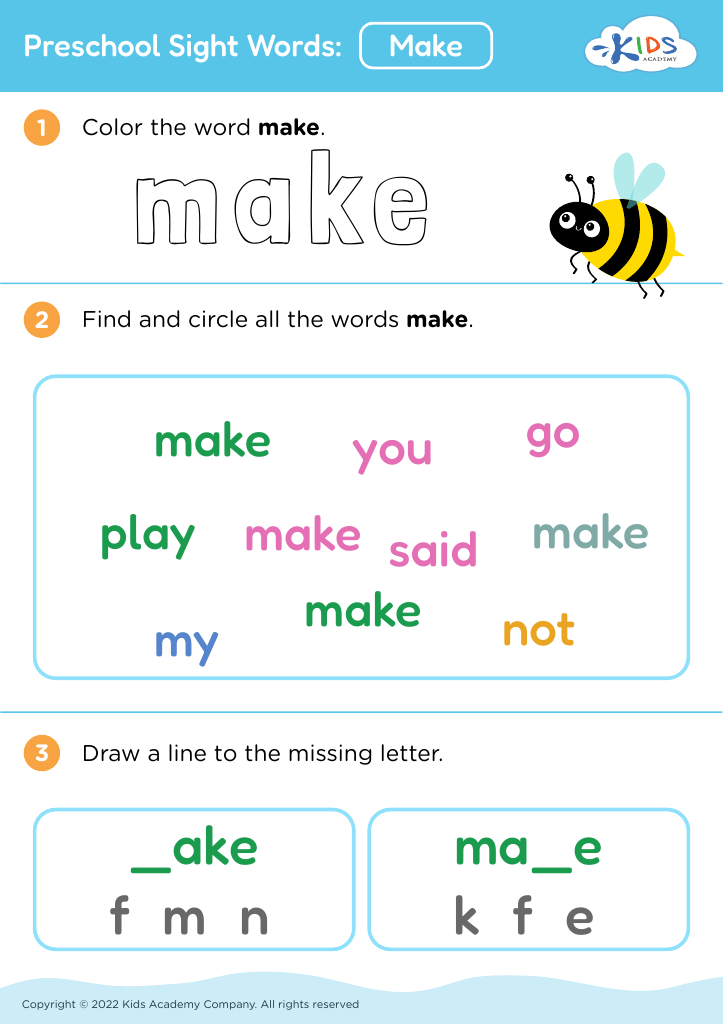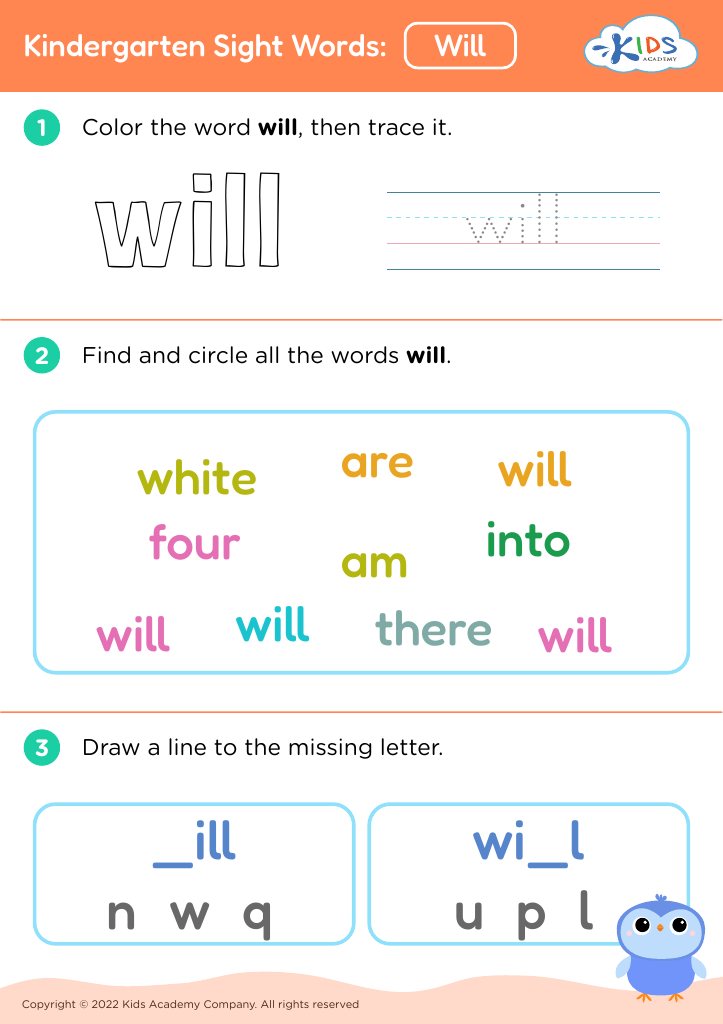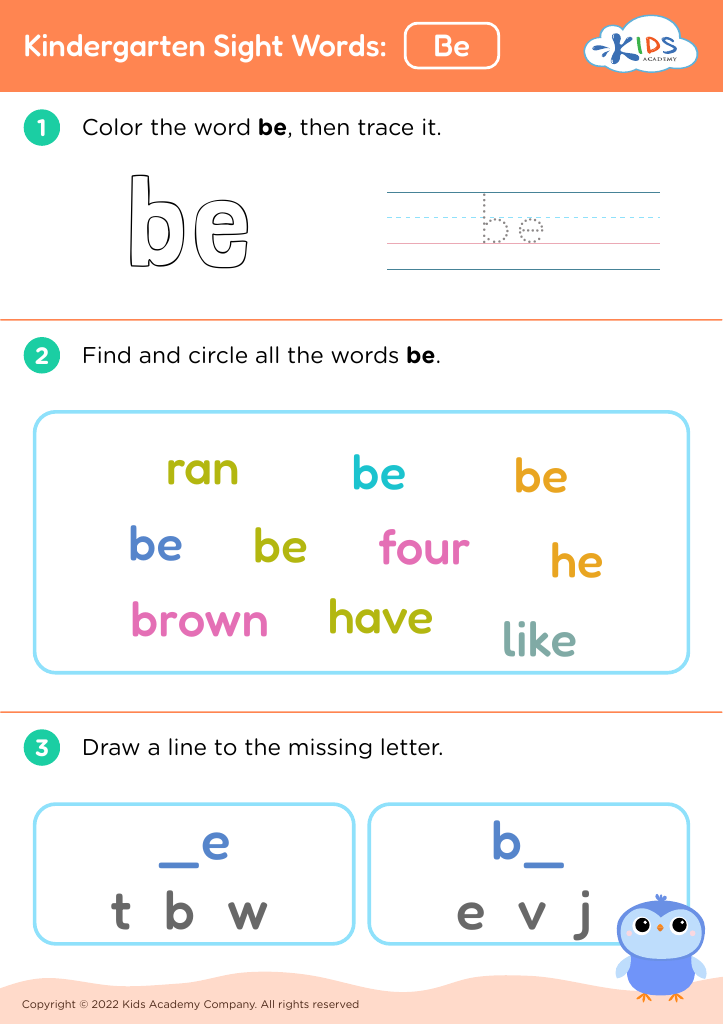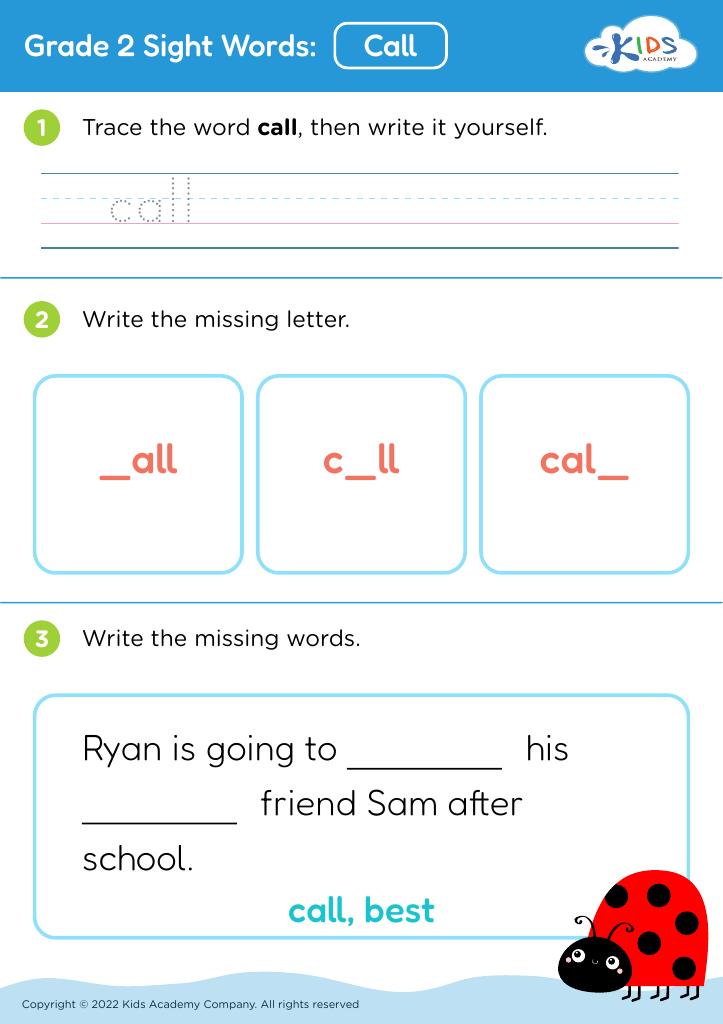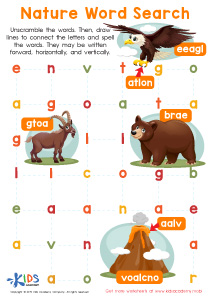Simplifying Fractions Sight Words Worksheets for Ages 3-9
7 filtered results
-
From - To
Discover our engaging "Simplifying Fractions Sight Words Worksheets" designed for children ages 3-9. Our worksheets seamlessly combine literacy and math skills, helping young learners recognize sight words while grasping the concepts of fraction simplification. Each worksheet features colorful visuals and interactive activities to make learning fun and effective. Ideal for classrooms or at-home practice, these resources support early education objectives, enhancing students' understanding of fractions alongside language development. Encourage your child’s love for learning with our thoughtfully crafted worksheets, perfect for building confidence in math and reading. Explore our collection today and simplify learning for your little ones!
Simplifying fractions can be a foundational mathematical skill, and introducing this concept at an early age, particularly to children aged 3-9, can enhance their overall comprehension of math. By incorporating "sight words" related to fractions, educators and parents can help children recognize and understand these terms quickly without being hindered by pronunciation or self-doubt. This early exposure prepares young learners for future math concepts by building a strong vocabulary base.
Moreover, engaging in activities related to simplifying fractions fosters critical thinking and problem-solving skills. When children practice these fundamental skills through play, storytelling, or hands-on activities, they become more comfortable with numbers and mathematical relationships, laying a robust groundwork for higher-level math. Using fraction sight words in interactive contexts makes learning enjoyable and memorable, promoting a positive attitude toward math.
Additionally, parents and teachers can work together to reinforce these concepts at home and school, creating a cohesive learning environment. By prioritizing fraction simplification in early education, we cater to the needs of diverse learners, empowering them to succeed in math and beyond. Investing in this skill now means equipping children with tools for lifelong learning and analytical capacity.

